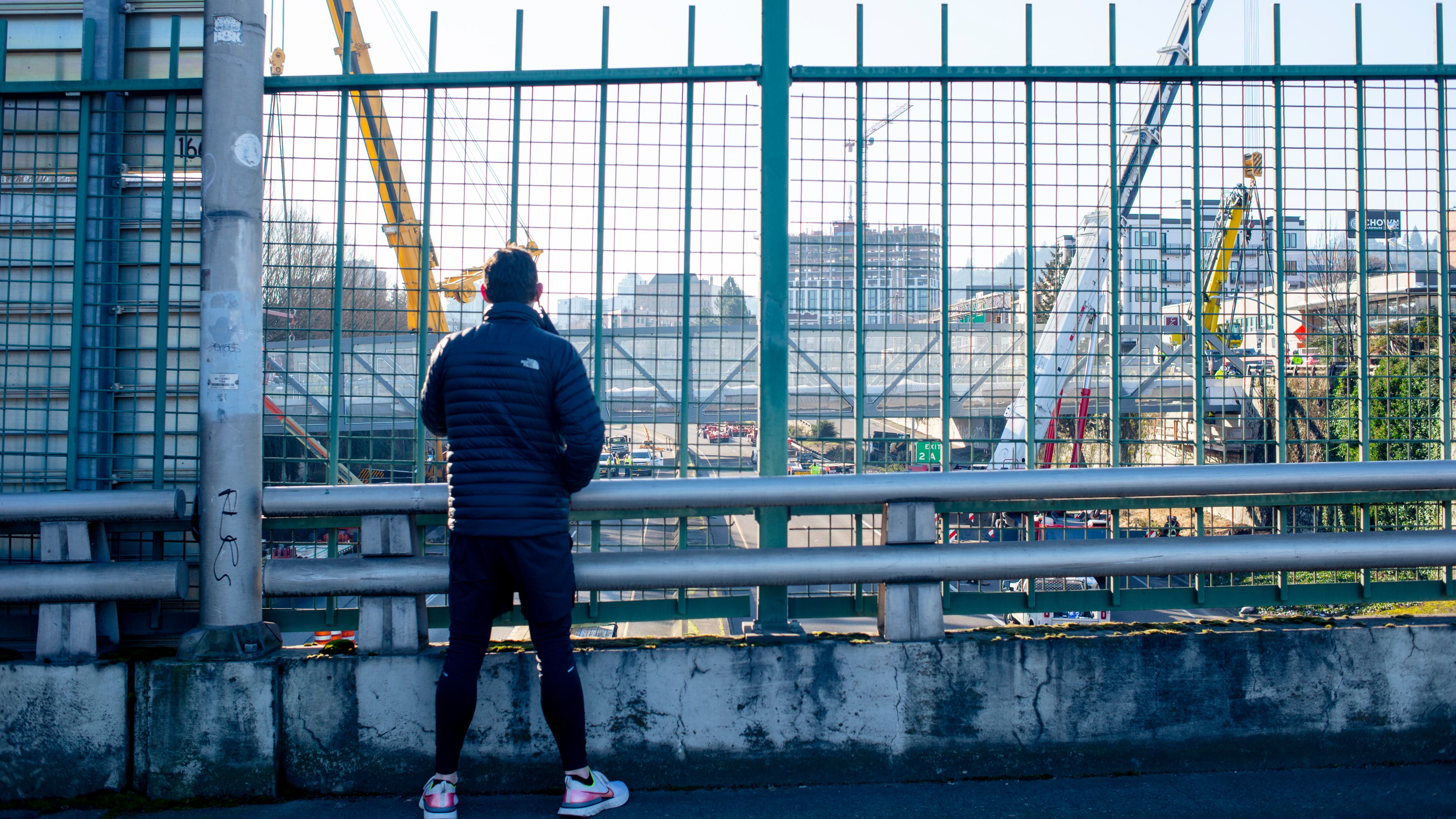Glance out your window right now. What does it look like? Gray? A little damp? Seems a bit cold? Overall, an average Portland day in winter, right?
Wrong. It's actually a flaming, apocalyptic disaster out there.
At least, that's how it's depicted in Forbes, in an op-ed titled "Death of a City: The Portland Story?" In a throwback to last summer's "everything is on fire all the time" rhetoric, author Bill Conerly insists the city is on the verge of being abandoned or wiped off the map entirely:
Despite referencing Pompeii, a city famously destroyed by a volcano, Conerly writes that a natural disaster isn't likely to cause Portland's undoing, but a combination of social ills, including housing prices, having to actually see people experiencing houselessness and, of course, anti-fascist riots.
Conerly, a former member of the Oregon Governor's Council of Economic Advisers, according to his bio, who now runs a consulting firm in Lake Oswego, says "the question about the death of Portland becomes whether people will continue to want to move here." He argues that the best and the brightest—the engineers and designers who turned Portland from a shipping and lumber town into a center for "shoes and computer chips"—are being driven away by a confluence of factors, one of which is the lack of affordable homes in desirable areas.
His dire predictions parrot the complaints of many downtown business and property owners—who are pretty tired of having their windows repeatedly smashed by leftist protesters and have begun worrying, not without reason, that civil unrest won't allow commerce to return when the pandemic eases.
Indeed, Conerly links to a WW report that the city has fallen out of favor with real estate investors, which for some residents was the best news they've heard in months.
But from there Conerly's rhetoric becomes…peculiar.
He discusses the issue of homelessness—not so much the homeless problem itself but the fact that those living outside can now buy "inexpensive tents, some as cheap as $25 new," thus moving from sleeping obscured in shadowy doorways where we didn't have to actually think about them to right out on the sidewalks.
"When the Portland Timbers entered Major League Soccer back in 2011, fans could walk the quarter-mile from downtown to the stadium without seeing any homeless people," he writes. "Now the fans—if games had spectators—would pass several encampments on that short stretch."
And then, as should be expected from a middle-aged guy living in Lake Oswego, he starts going on about riots and vandalism and "antifa mobs." Police, Conerly writes, are stretched so thin trying to quell the nonstop rioting that shootings have exploded across the city and 911 calls go unanswered. (Shootings are in fact up, police response to 911 calls is slow, and the Portland Police Bureau blames this on protesters. It's a compelling narrative—especially when police officers are negotiating a new contract!)
He also notes offhandedly that there's a local journalist and "antifa assault victim" named Andy Ngo who "regularly documents the Portland riots." (Conerly shared his article on Twitter and tagged Ngo—who, by the way, has apparently "fled" Portland for London—which seems to suggest this whole article might have just been written to get his attention.)
"Portland has shot itself in the foot," he concludes. "Most likely, the people of the city will come around and seek treatment. But if they don't, the wound will prove fatal."
Well, that would certainly suck. But hey, look on the bright side: Living in the burnt-out husk of a major American city means shorter lines for brunch when we can all go out to eat again, right?
Read the whole thing here, if you want.

